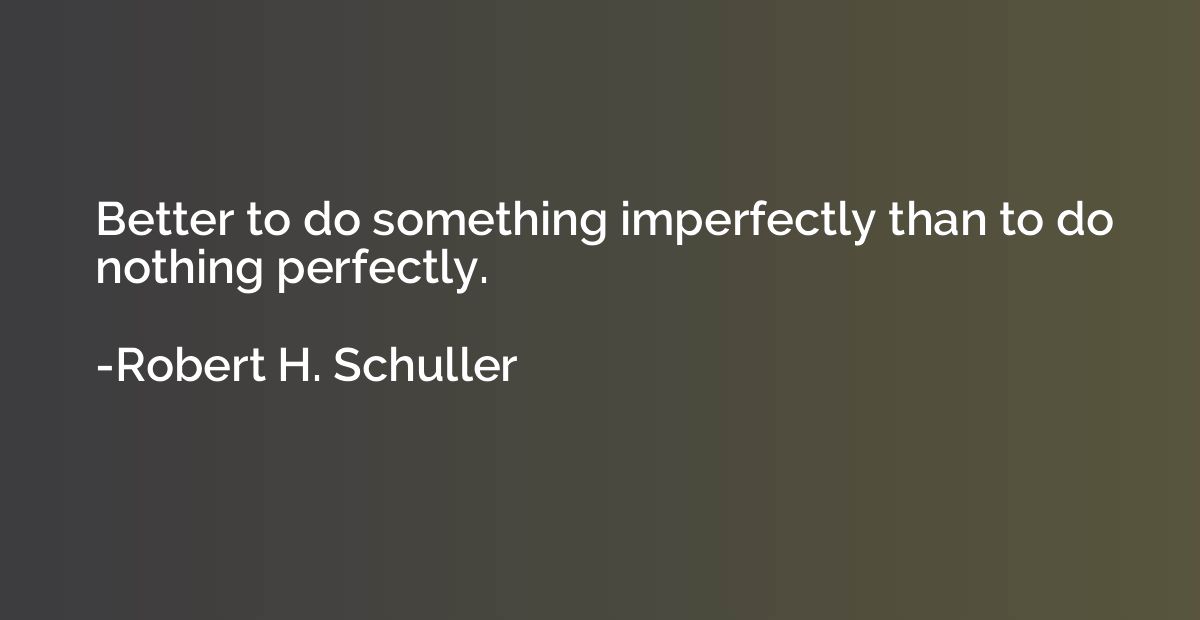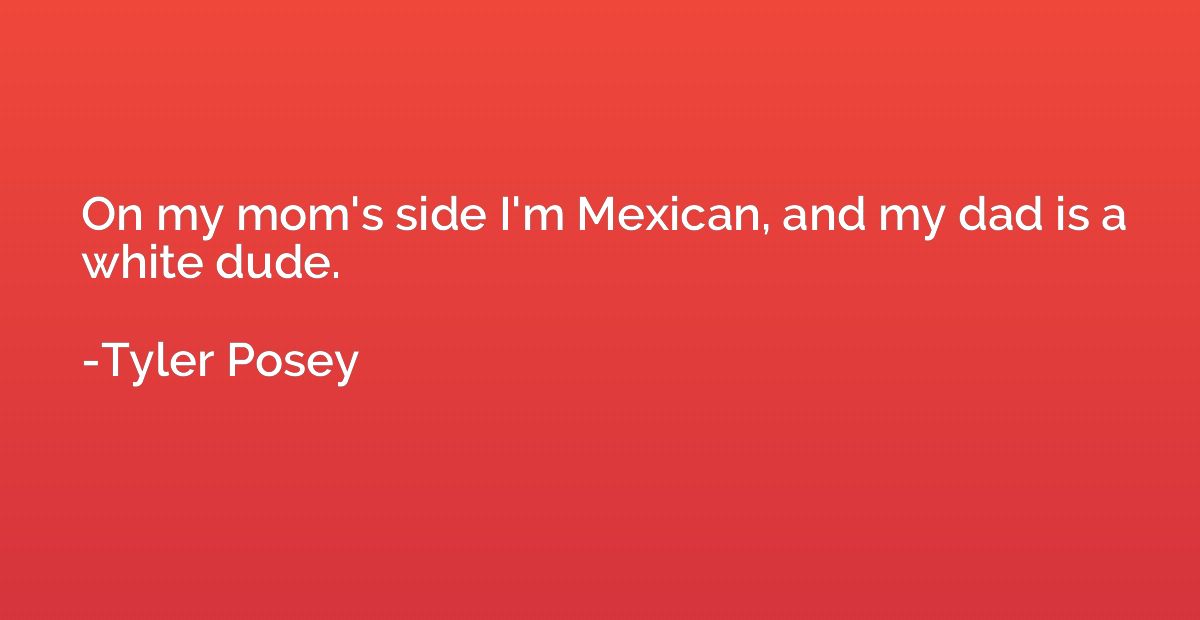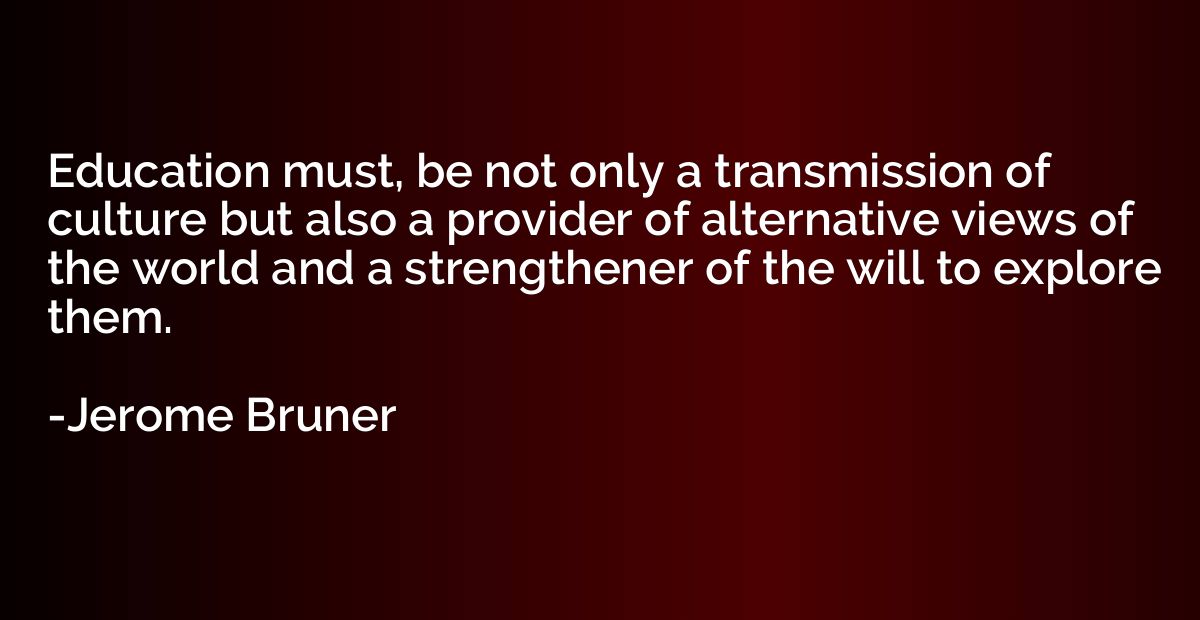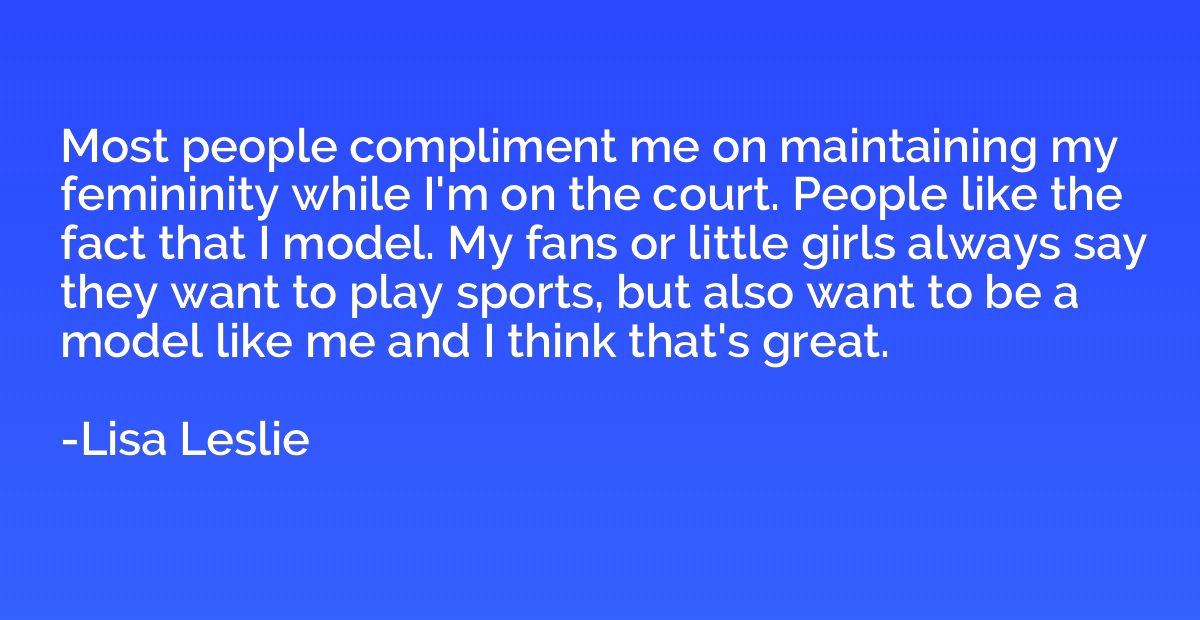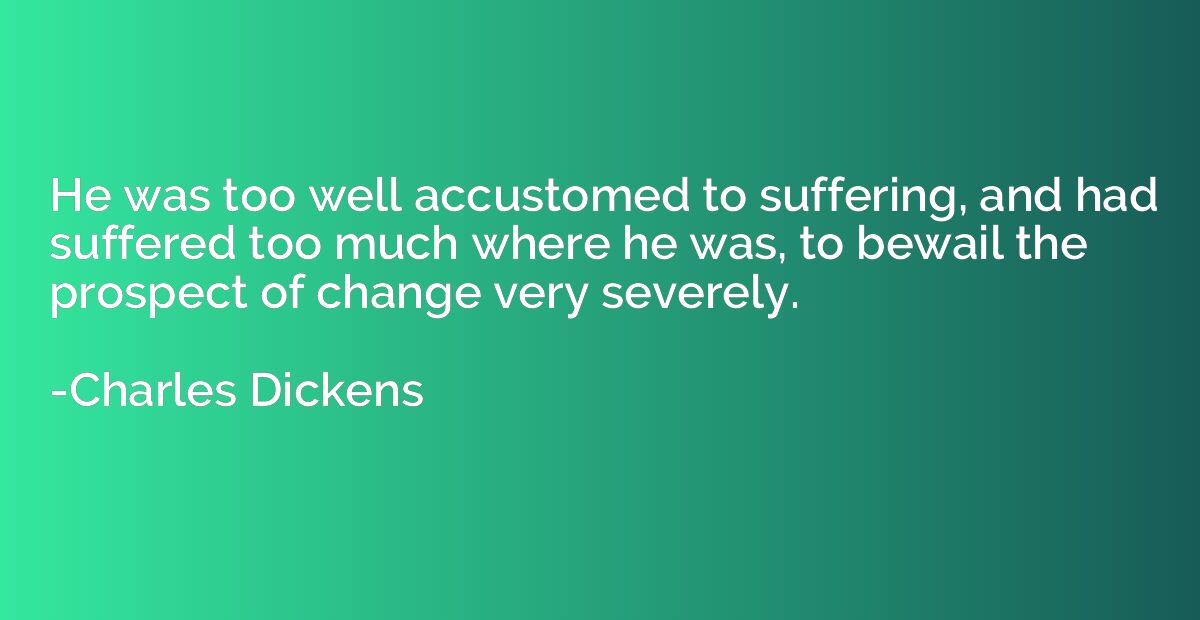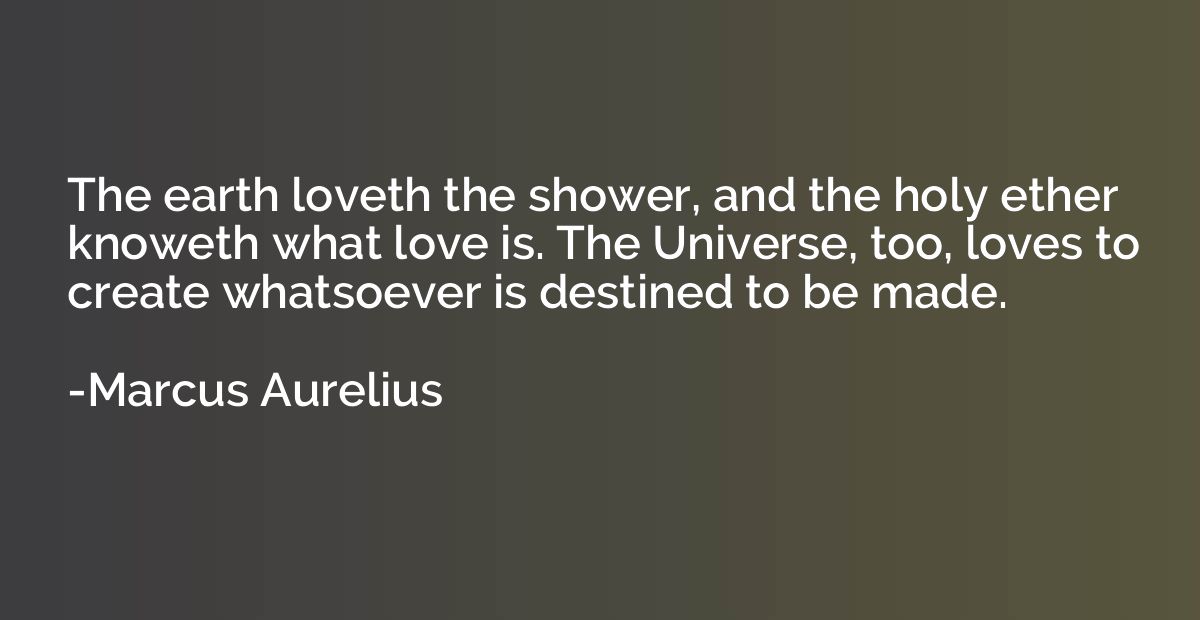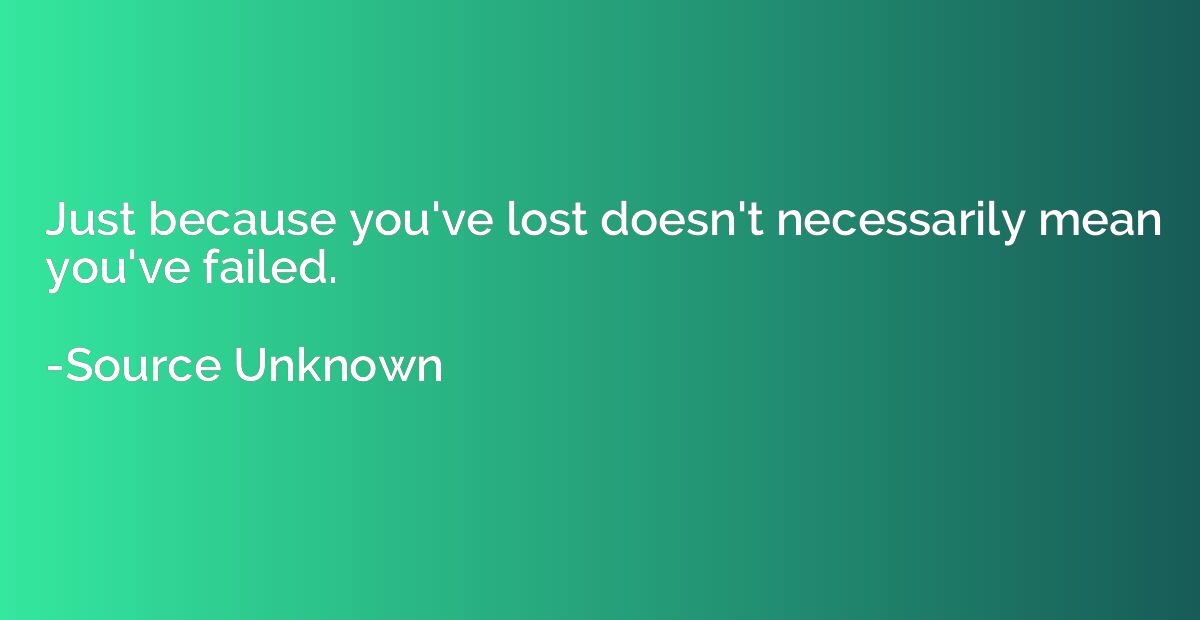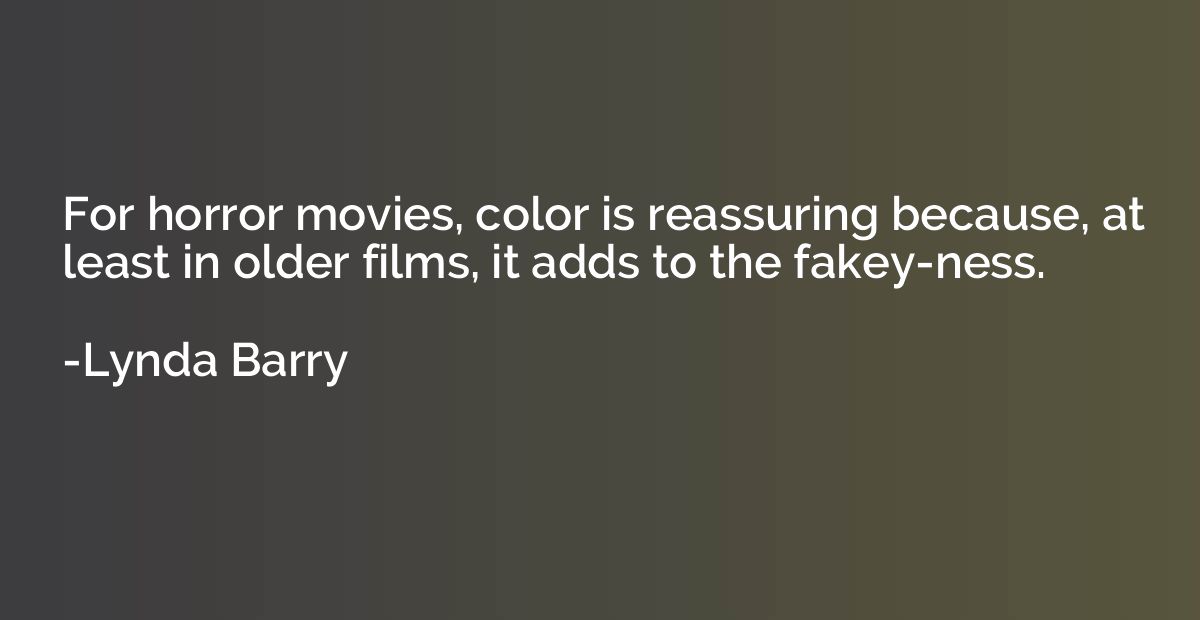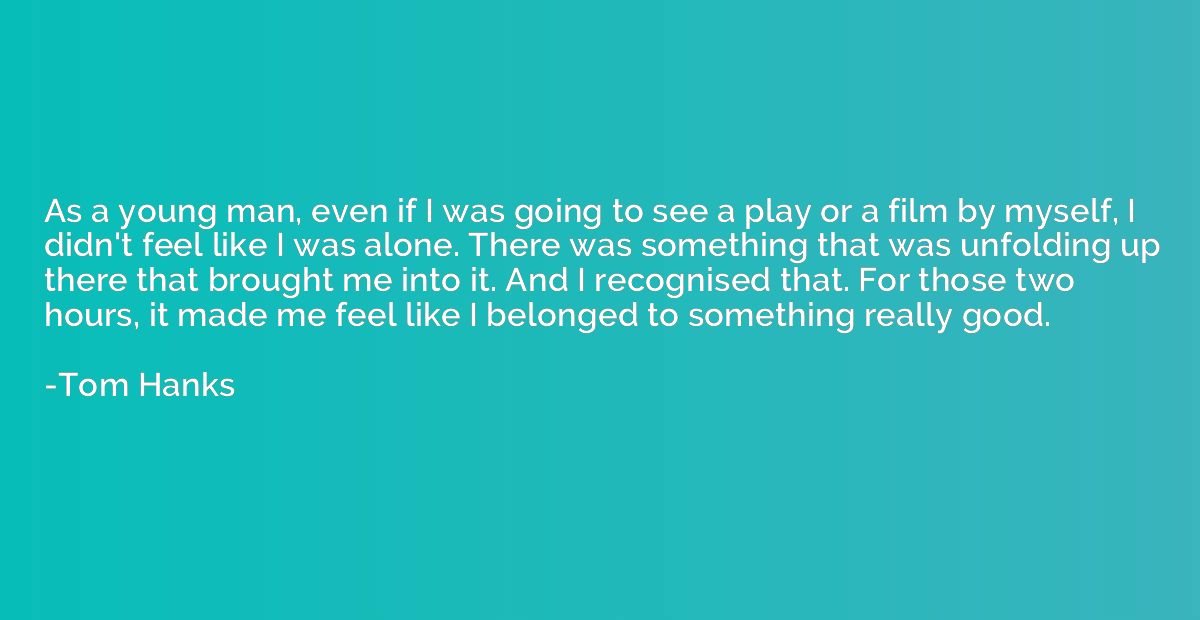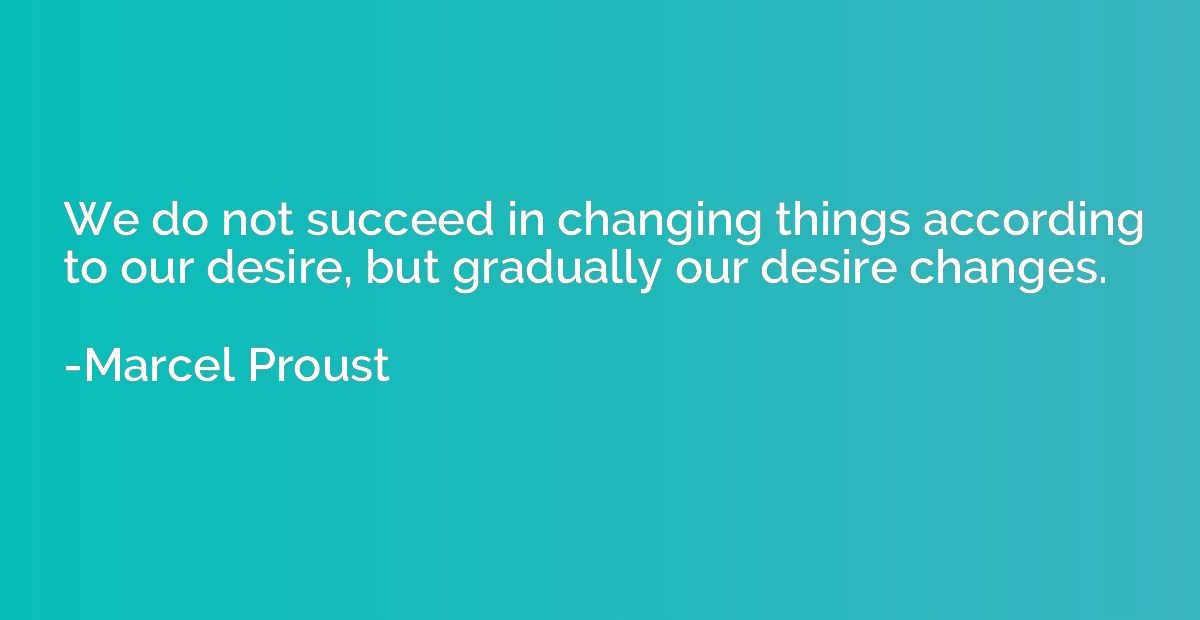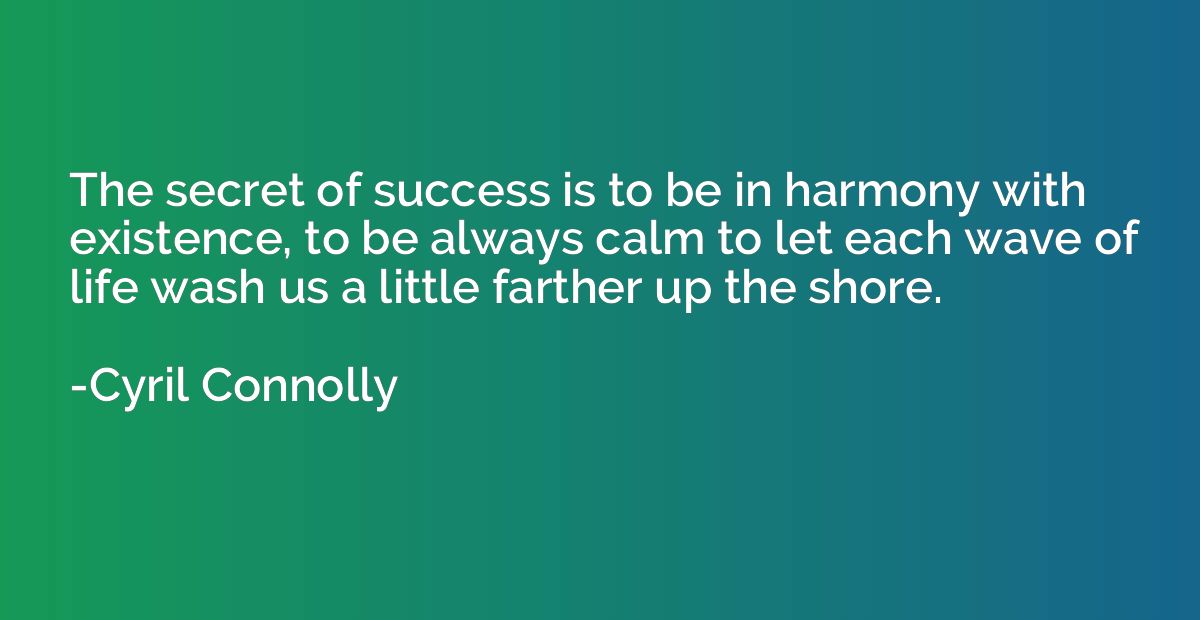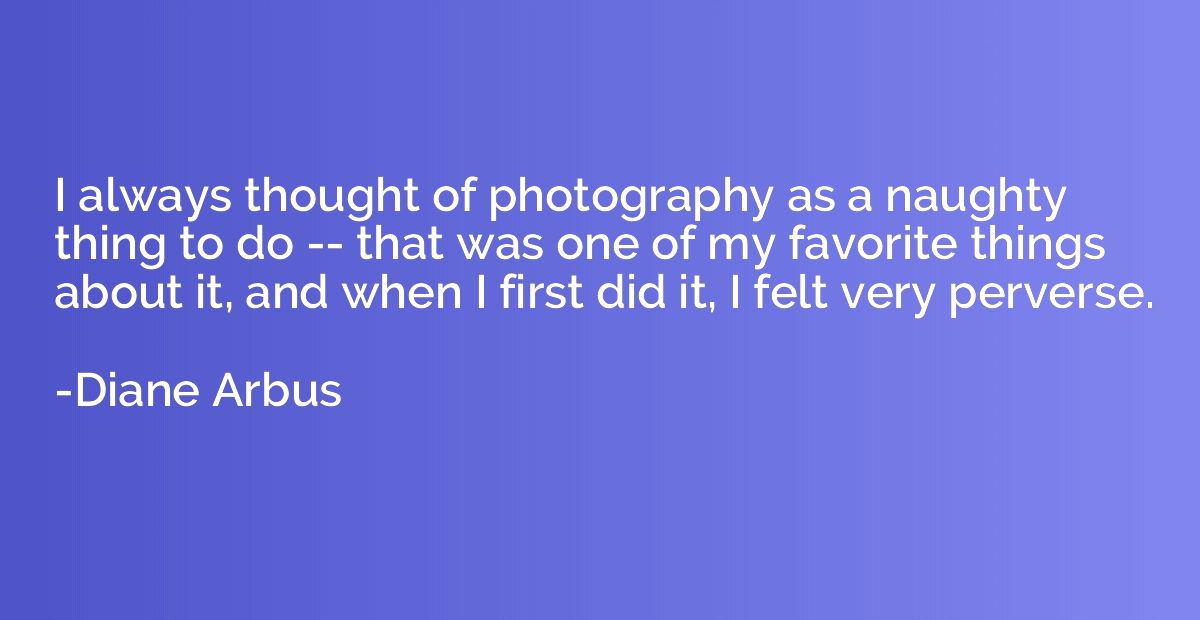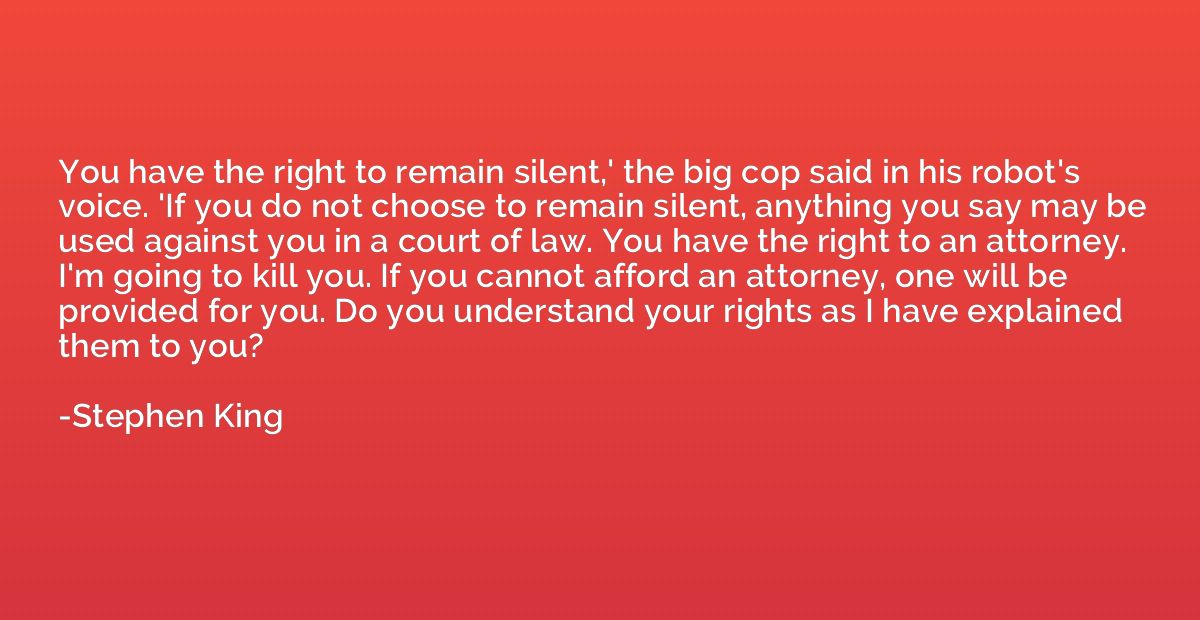Summary
This quote encourages action and productivity over waiting for perfection. It highlights the importance of taking initiative and the understanding that progress can be made even if something is not executed flawlessly. It emphasizes the idea that it is better to make imperfect attempts and learn from them rather than waiting indefinitely for the ideal conditions or perfect outcome, which often leads to inaction and missed opportunities.
